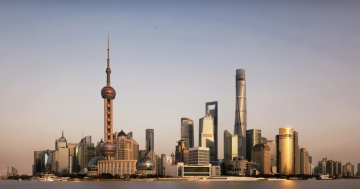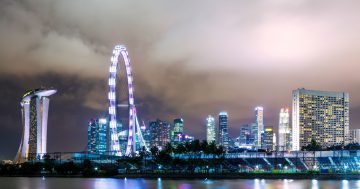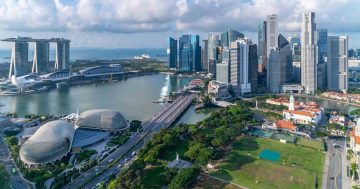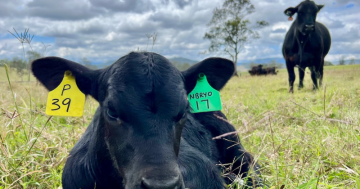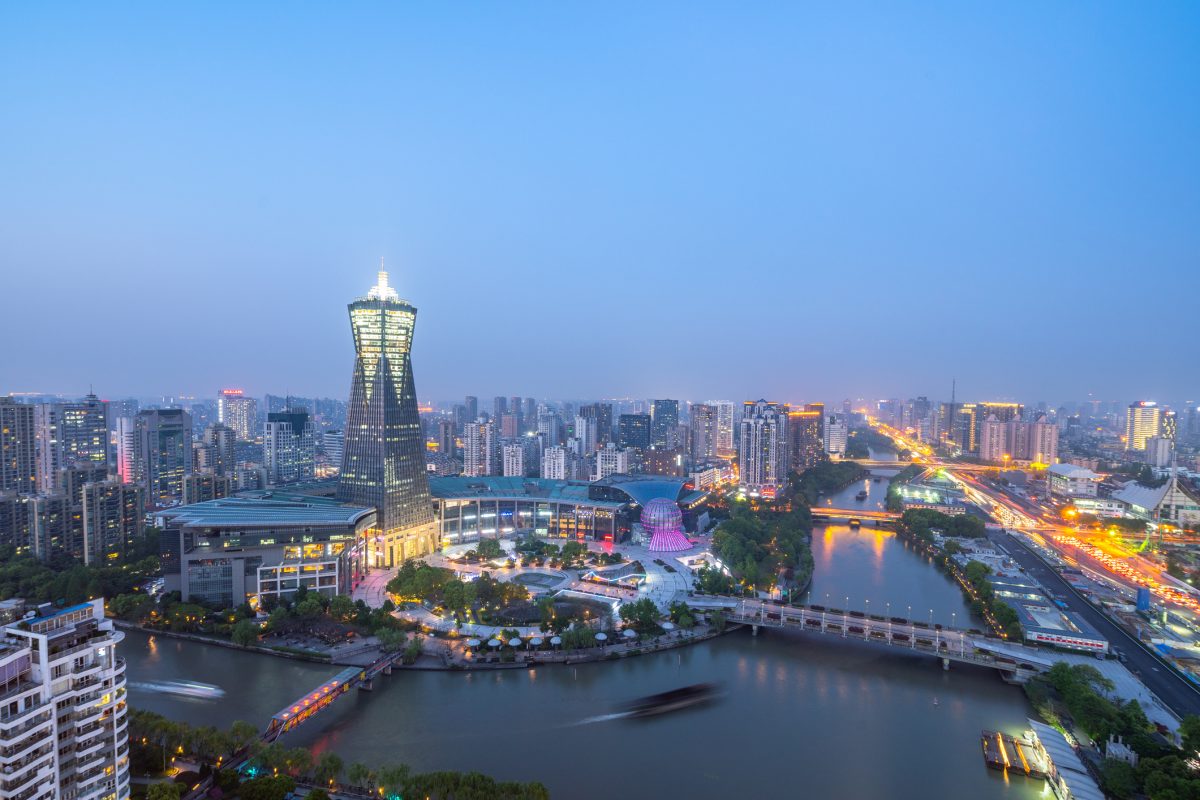
The new office represents the only Australian state to have a presence in Hangzhou and the Zhejiang Province. Photo: loveguli.
The Western Australian Government has established a second China trade office in their sister-state’s capital – Hangzhou – with the hope of boosting opportunities across primary industries, education, clean energy, health and medical life sciences.
In May 2022, WA renewed its sister-state agreement with Zhejiang Province, which is home to 65 million people and several major technology companies – including the Alibaba Group.
Established in 1987, the relationship has developed bilateral projects in medicine, agriculture, water resource management, ocean science, policing, sports, culture and education. The Western Australia-Zhejiang Exchange Committee also met in September 2021, to advance collaboration in the areas of vocational education and training (VET), new energy and cross border e-commerce.
The new office will be overseen by WA’s Investment and Trade Commissioner for Greater China and three local staff.
A dedicated Education Business Development Manager will also be joining the team, to continue fostering the already strong collaborative relationships between WA’s universities and Zhejiang’s counterparts in research and development.
In the same year WA initiated their sister-state agreement with Zhejiang Province, they also established their first China ‘Invest and Trade’ office in Hong Kong – which was later relocated to Shanghai in 1996.
China is WA’s largest overseas trading partner, valued at $143.6 billion in the 2021-22 financial year.
The middle kingdom is also their largest merchandise export market, representing 80 per cent of Australia in 2021-22 at $135.6 billion. WA’s exports to China during that year were mainly composed of iron ore (80%), petroleum – mainly LNG (6%), and non-monetary gold (6%).
While mineral commodities are a large share of these exports, the state intends to capitalise on China’s 14th Five-Year Plan (2021-2025), which has a strong focus on making its economic growth sustainable.
WA believes this may lead to growing opportunities in energy, mining equipment, technology and services (METS) and health and medical technology.
Australia already receives preferential market access through its bilateral free trade agreements. The state, as part of their Asian Engagement Strategy 2019-2030, hopes local investors and exporters take advantage of them by using their office to expand their businesses into China.
According to WA’s latest Market Outlook for China, their priority sectors are in energy, tourism, international education, mining, METS, health, and primary industries.
Given the country’s move to cleaner energy, WA hopes to move on from LNG imports and bolster their trade with the world’s largest battery electric vehicle market. The state is already China’s largest market for battery minerals exports and has invested in related projects across WA.
Visitors from greater China ranked fifth for international visitors to WA in 2019, with the state’s regional areas being of particular interest.
China is the largest market for higher education, schools, English language courses and non-award courses. Including Hong Kong and Taiwan, they collectively accounted for 19 per cent of international students in WA over 2021. The state is looking to support that market by following China’s plans to increase the use of smart technologies in education, enhance industry integration in the VET and promote physical education in schools.
WA is a large scale and stable supplier of mineral commodities in high demand for China, like iron ore, nickel and copper, which the country wants to maintain.
China’s own mining industry is also facing similar challenges to WA’s in the areas of safety and environmental management, which has created opportunities to develop partnerships in METS.
With rising incomes and an ageing population, China’s demand for quality health services is increasing. The WA government claims their providers are prime candidates for partnership opportunities in telehealth, remote servicing, aged care services and training.
Alongside their Future Health Research and Innovation Fund and first Health and Medical Life Sciences Industry Strategy, the WA government is especially keen on research, investment and product development opportunities.
The sale and promotion of agricultural products in China through e-commerce and live streaming is increasing. Food safety is also playing a more important role in consumer decisions, creating a need for source authentication and traceability, which the WA government believes it can reliably supply.



